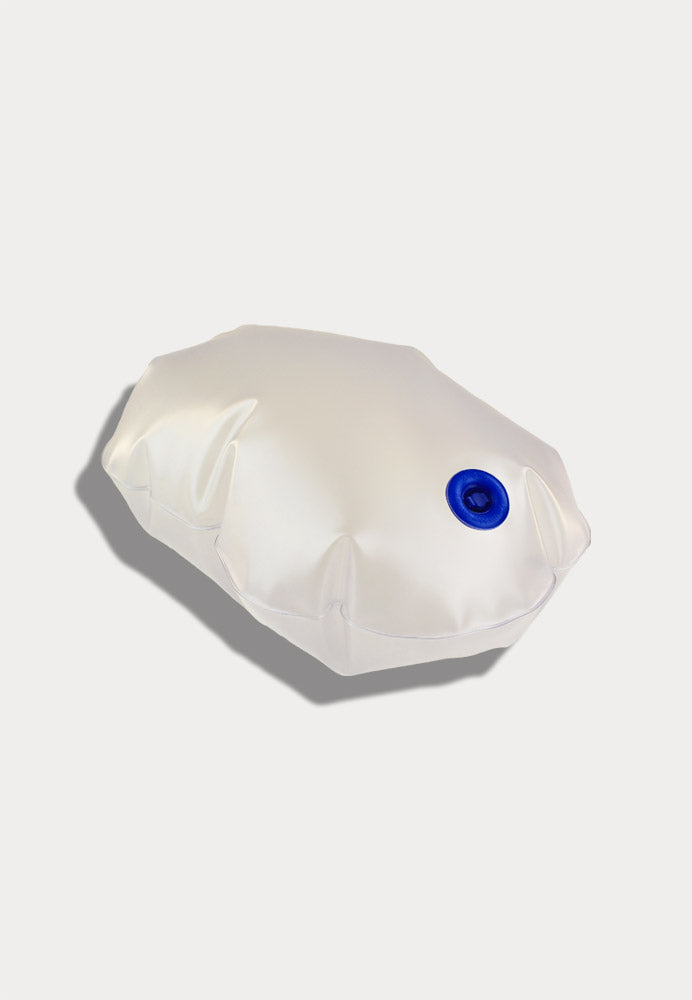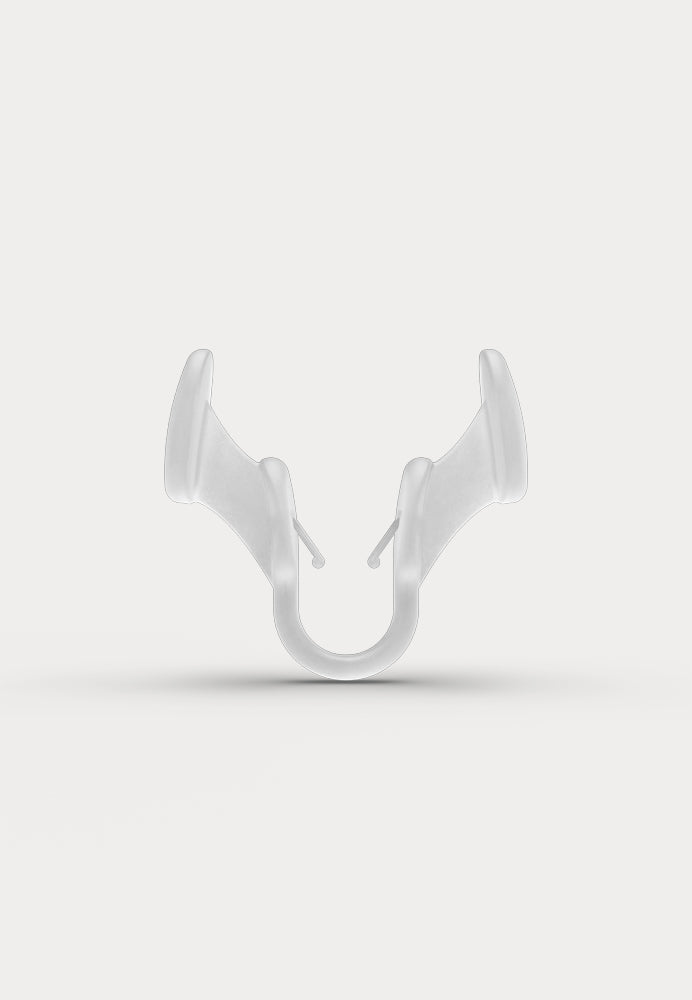Snoring is not only annoying and puts your partner's nerves to the test, it can also endanger your health in connection with breathing pauses during sleep. Around 10 percent of men and 5 percent of women under the age of 30 snore. After the age of 45 it is about 62 percent of men and 45 percent of women. How does night noise come about and in which cases is snoring dangerous?
HOW DOES SNORING OCCUR?
Part of the upper respiratory tract, particularly the area between the soft palate and the larynx, is predominantly muscle. If these muscles are tense, the pharynx is widened. If the muscles relax during sleep, the lower jaw and tongue fall back, especially in a supine position, and narrow the airways. As a result, the breathing air is sucked in faster and with higher pressure. This leads to vibration or fluttering of the soft tissue (soft palate and uvula) and thus to the typical snoring noise.
CAUSES OF SNORING
Habitual snoring (also known as primary snoring) can have various causes. One of the most common causes is, for example, sleeping on your back . If sufferers sleep on their backs, the lower jaw and tongue fall back and block the upper airways. Weight and age also play a role. In obese patients, the fat also accumulates in the mouth and smoking area, narrowing the airways. Muscle tension also decreases with age. Another cause of snoring is the consumption of stimulants . Alcohol and medication relax the muscles and the tissues become slack. Smoking irritates the mucous membranes, which causes them to swell and narrow the throat. There are also reasons that are specifically responsible for snoring in women. Check out our article Snoring: Causes in Women for more details.
What helps against snoring? There are helpful tips in our article Avoid snoring: Tips against snoring .
WHAT IS OBSTRUCTIVE SLEEP APNEA SYNDROME (OSAS)?
Habitual snoring is not associated with breathing pauses, it is therefore harmless and not dangerous to health. It becomes dangerous when you suddenly stop hearing from the snorer. Breathing stops for a few seconds or even minutes and the level of carbon dioxide in the blood rises. Obstructive sleep apnea syndrome (OSAS) occurs if more than ten breathing pauses occur per hour. For more information on the effects of OSA, see our Sleep Apnea: Effects article. Note : If you suspect that you have stopped breathing at night, you must consult a specialist.
Not sure if you have Obstructive Sleep Apnea Syndrome? You may find our article helpful: Obstructive Sleep Apnea Syndrome: Symptoms & Diagnosis .Tip : Our proven snoring & sleep apnea aids help fight snoring and mild to moderate obstructive sleep apnea.












